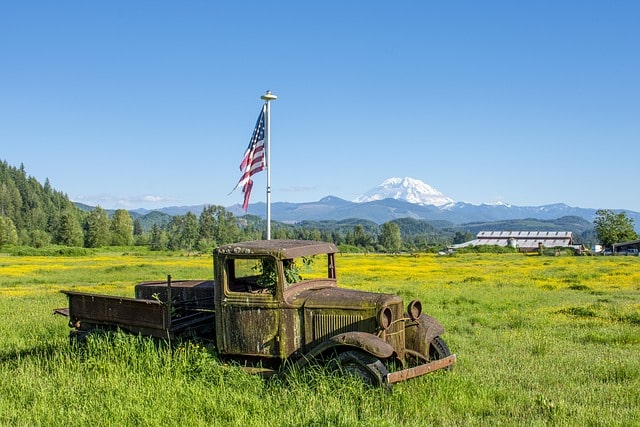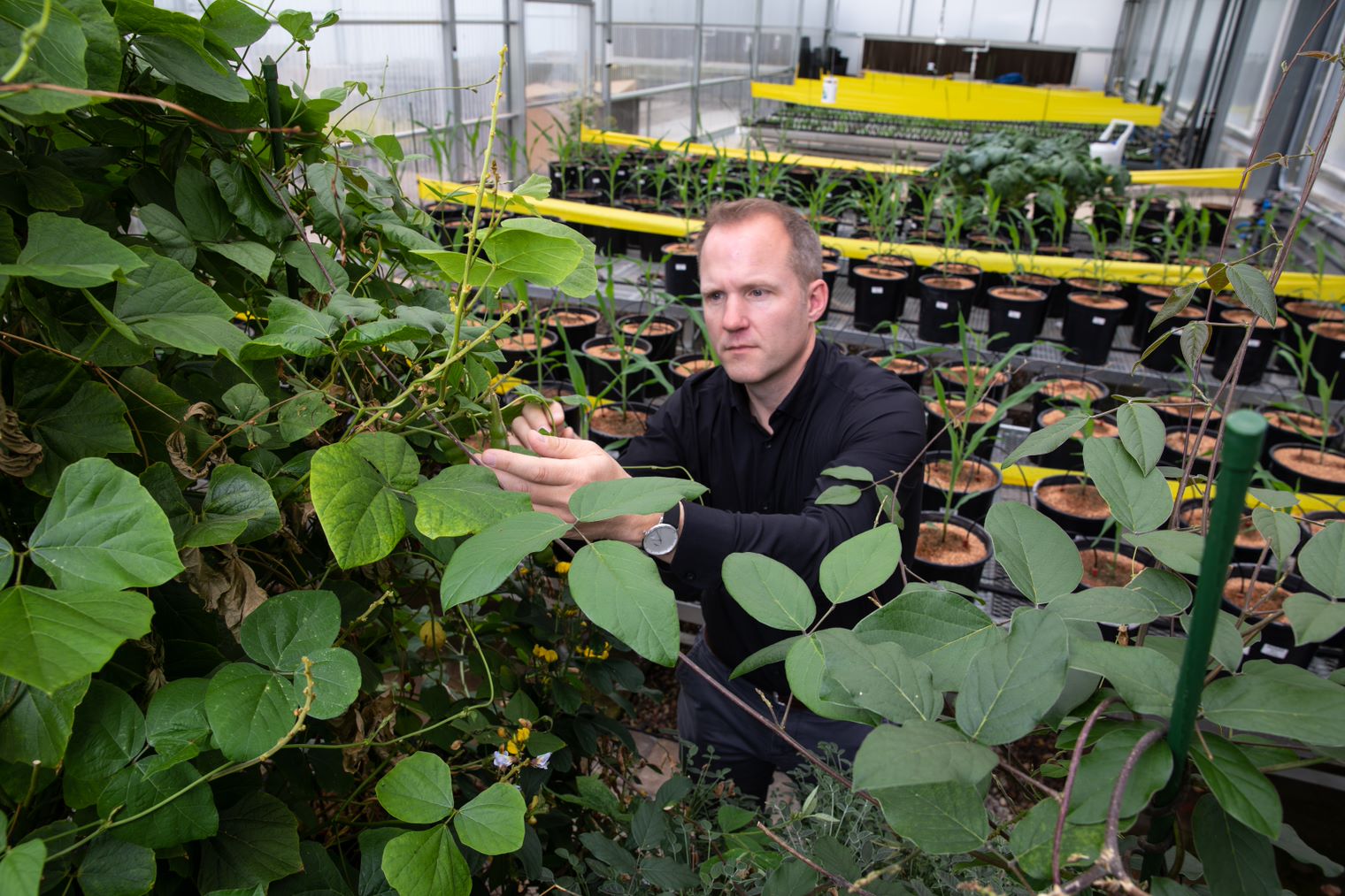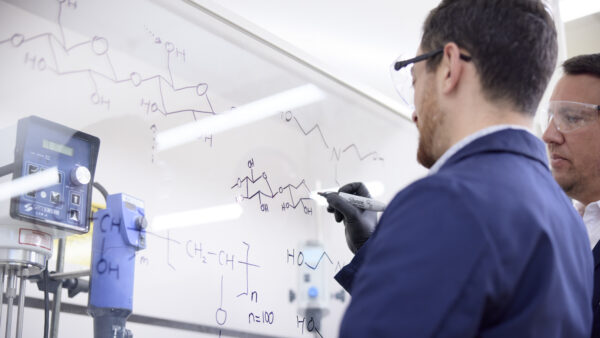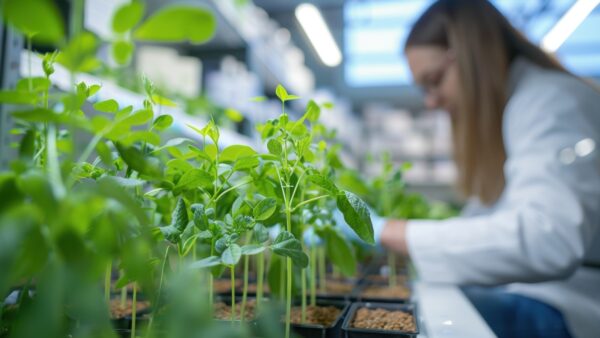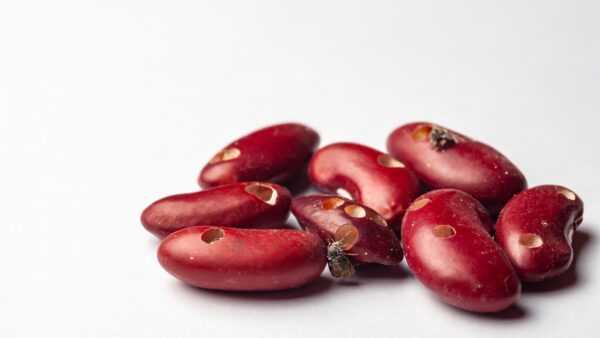In a world rocked by political conflict, economic uncertainty and rapidly progressing technological innovation, the bioeconomy is one of many sectors coming to the rescue, but restrictive regulation threatens to hamper it if the ag sector doesn’t work to ensure plant scientists can innovate.
That was one message delivered at today’s GrowCanada Conference in Ottawa, Ont., by Andrew Busch, futurist and economist based in the United States.
Busch was the first chief market intelligence officer for the U.S. government at the Commodity Futures Trading Commission. He was charged with improving and enhancing the government’s understanding of the markets and provided briefings to White House, House and Senate staffers on a wide range of issues including extreme market volatility, China’s influence on the global commodity markets and the impact of Fintech and virtual currencies on market dynamics.
According to Busch, Canada’s seed sector is one of many industries poised to play a major role in the economy of the future — even more so than our own industry may sometimes think. He used the protein economy as a major example.
“Everybody’s going to laugh that I put protein up here on the screen, because it really hasn’t taken off the way most people thought it would. But I just want to tell you that I have a crystal ball, and it’s called venture capital money. There’s a company in Singapore that just raised $100 million for what I would call faux lobster. There’s all sorts of money being dumped into this. Companies in this space have really struggled, no doubt about it. But it’s going to get a lot better,” he said.
“These products are going to get a lot better, the more time they spend time doing research and using AI and massive amounts of data, they’re going to get better and better at growing this stuff. As a matter of fact, in the Netherlands right right now, laboratory-grown foods are actually the same price as regular meat.”
As electric vehicles slowly take over, there will be reduced demands to fossil fuels and even biodiesel, something to keep in mind for players in the biodiesel space, he noted.
“You’re going to see a move away from biodiesel, even though there are subsidies for that. You might want to think about this.”
The world is going to see more economic change in the next five years than we have seen in the last 100 years. Just when we were getting over the worst of COVID, Russia invaded. The war in Ukraine is a great example of the speed of change and the disruption that can happen to the global economy. Foundational AI, blockchain and co-bots are just a few of the extraordinary tools being leveraged right now to help businesses overcome, adapt and thrive, he said.
“With the advent of CRISPR, with the advent of cloud computing, with the advent of data and AI, things are happening so fast, it’s unbelievable. We have moved from thinking about living organisms as a discovery project into looking at living organisms as an engineering project. That’s a big shift.”
He gave the example of research conducted by the United States Department of Agriculture, reported this week, where researchers were able to use a virus to battle wheat scab. They discovered a strain of a fungal virus, or mycovirus, that disables the scab fungus’s vomitoxin-making machinery.
They key to enabling these innovations is to ensure smart regulations are implemented so as not to hamper innovation.
“Having worked at a regulator, their default position is to do nothing. I don’t want to insult anybody from the Canadian government if you’re hearing this, but the safest position for regulators to do nothing,” he said.
“This kills innovation. Progress is going to occur, and it’s going to happen way faster than regulators can catch up, so we have to strike a balance. Companies that are selling you these technologies will be working hard to make sure that they’re [safe].”



